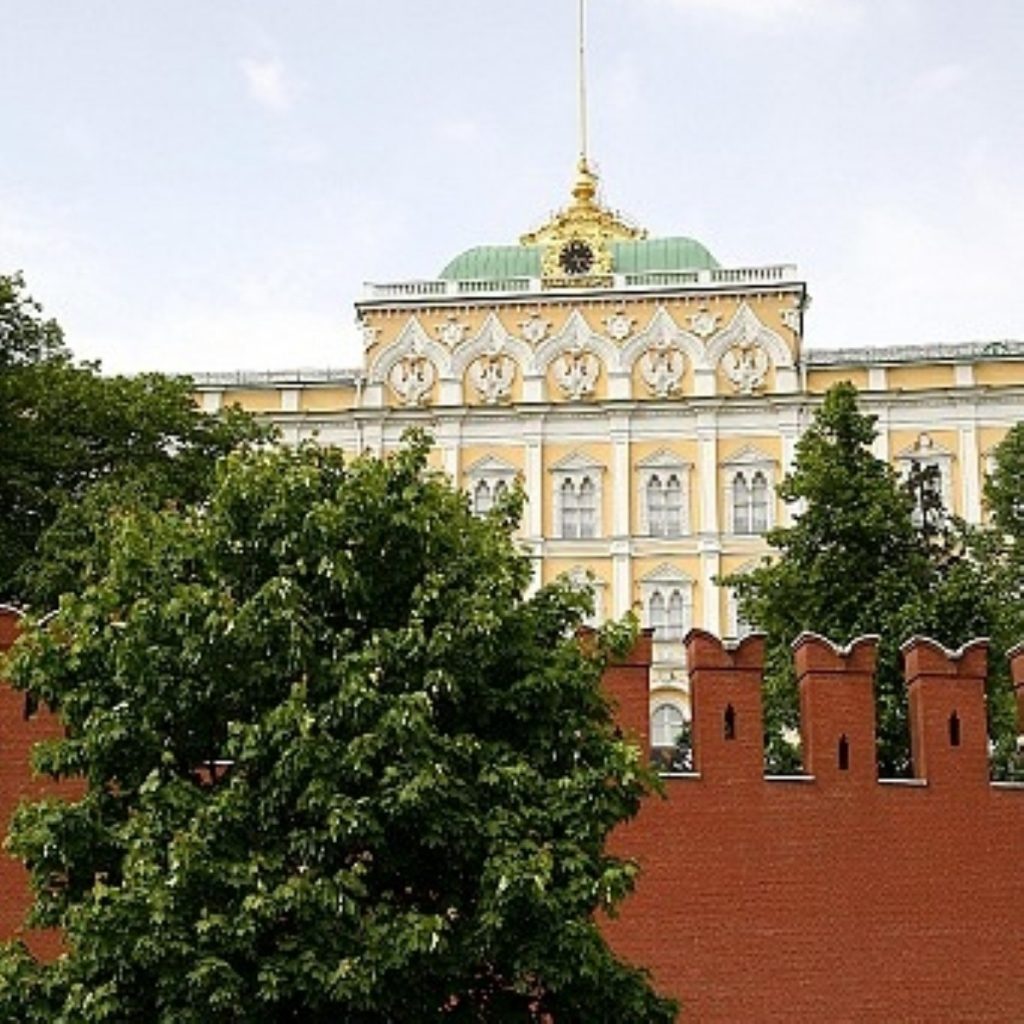Analysis: Hague rolls Russian dice
William Hague’s trip to Moscow lays the groundwork for what both sides hope could be an upturn in distinctly frosty relations between Britain and Russia.
The shadow foreign secretary is meeting foreign minister Sergei Lavrov in what the Conservatives claim is a rare honour for opposition politicians. There’s no doubt the Russians treat Hague with the respect due to the man who could be installed in the Foreign Office within four months. As Chatham House’s James Nixey puts it: “They know which side the butter’s on. They’re just looking to the future.”
Hague has his own reasons for making overtures to the Russians. He has struggled against the abrasive, confrontational language of shadow defence secretary Liam Fox for years. The Russians view Dr Fox with alarm; Hague, by contrast, is praised as a “diplomat”.


“With a Conservative government the door will be open to improved relations with Russia,” Hague said in a major foreign policy speech last July. “We shall see if a door opens in return.”
Those tentative advances now appear, to mix a metaphor, to be bearing fruit. But the talks are far from straightforward. UK-Russian relations remain tense.
Here’s a list of some of the unresolved grievances: Russia’s refusal to extradite Andrei Lugovoi, the man Britain claims murdered Alexander Litvinenko; Britains’ refusal to extradite a number of expat oligarchs; the harassment of British companies including energy giant Shell; the expulsion and closure of the British Council; Russia’s limited involvement in Afghanistan; disagreements on how to deal with Iraq and Iran; disquiet in London over Russia’s use of energy as a geopolitical tool; and, how could we forget, Russia’s August 2008 invasion of Georgia.
One man all too aware of the cumulative impact is Mike Hancock, the new chairman of the British parliament’s all-party group on Russia. He is deeply frustrated by foreign secretary David Miliband’s refusal to “engage”.
“For a country like the UK not to have had any senior exchange for four years is pretty sick in international relationships terms. It means the UK gets sidelined,” he says.
“Russia is such an important player… we ignore them at our peril.”
The fortunes of his group have ebbed and flowed alongside Russia’s relationship with Britain. For seven or eight years, he says, its following in Westminster has “faltered”. Now he hopes to see improvement – and welcomes Hague’s visit as a reflection of this renewed optimism.
“The Russians clearly see the possible inevitability of a Tory administration. They want to get to know their opposite numbers. Hague’s visit is pretty important in that respect.”
Hancock’s desire to accentuate the positive more or less matches the outlook of both the Russians and the Tories.
For the Conservatives know that, after the absolute nadir of a couple of years ago, things are starting to improve. Investment figures show businesses are once again becoming interested in Russia. “Companies are sniffing around again, getting interested,” Mr Nixey notes.
“It’s a more risky environment because the rules of the game are more likely to be rewritten. That’s why companies like it – they think it’s not going to happen to them.”
Ikea, BT, Shell and Telenor have all recently had their fingers burned. But the lure of greater profits continues to attract westerners to Russia. Tory interests in protecting British businesses are providing a new bottom line for negotiations.
It’s why, Mr Nixey claims, Hague’s trip is likely to end in success. “They’ll both be looking for a steady improvement. That’s why we’ve got so little to worry about.”
A success for Hague could be an early feather in his diplomatic cap – and leave the Russians in the unusual position of hoping for a Conservative, rather than Labour, government after the general election.









